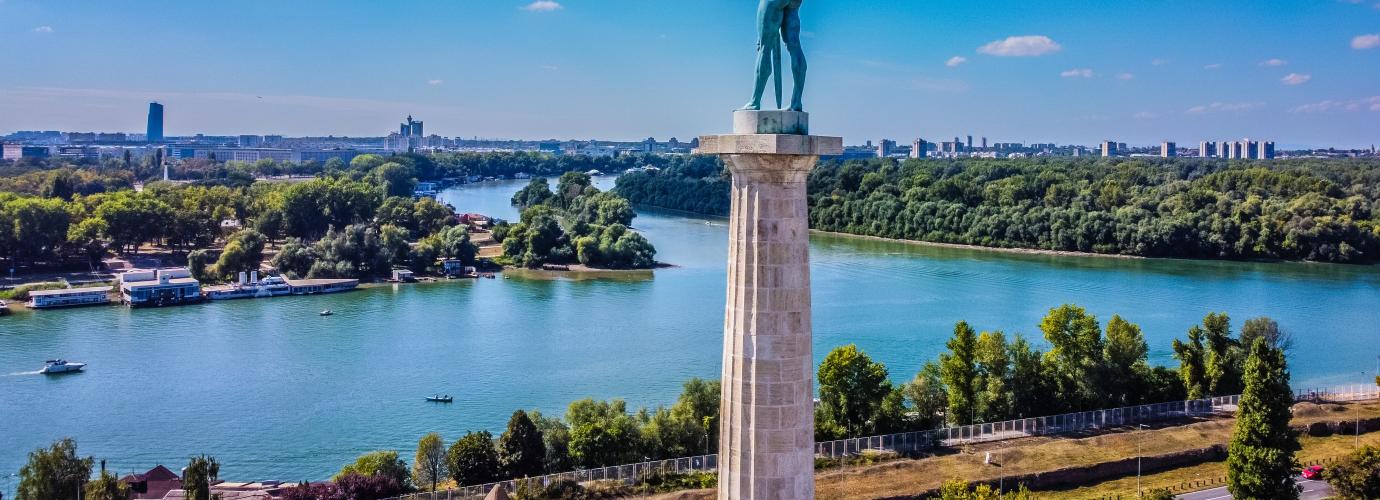Non-teaching staff
The Law on the Education System Foundations recognises various non-teaching staff directly or indirectly involved in the education process.
According to the law, work related to the improvement of education in ECEC institutions is done by pedagogists and psychologists in the first place, as well as librarians. Psychologists, pedagogists and librarians are called non-teaching professionals.
Depending on the school’s needs, social workers, special education teachers, speech therapists and andragogues can also provide additional support and specialist activities.
Specialist activities in special schools and schools for children with developmental disabilities are performed by non-teaching professionals: psychologists, pedagogists, social workers, special education teachers, speech therapists, librarians and media librarians. Special schools and schools for children with developmental disabilities may employ professionals responsible for the development and use of didactic tools and aids for children with sensory-motor disabilities.
Full-time non-teaching professionals employed in school work 30 hours a week with pre-school children, pupils, teachers, pedagogical and personal assistants, parents (or legal guardians) etc.
The Law on the Education System Foundations recognises non-teaching professionals who provide additional support to pupils – special education teachers, pedagogical assistants and personal assistants.
The main task of a special education teacher is to ensure the achievement of educational goals and standards, in accordance with the IEP and curriculum.
There are school teams for providing additional support to individual students, each consisting of a generalist/subject teacher, a form teacher, a non-teaching professional, a parent / legal guardian and, if needed, the student’s pedagogical or personal assistant.
Pedagogical assistants provide help and additional support to groups of pre-school children and pupils in the institution, in accordance with their needs, but also to other employees in order for them to improve their performance. Pedagogical assistants cooperate with parents / legal guardians, local authorities and other relevant institutions, organisations and associations.
Personal assistants’ main task is to provide support to children with disabilities/developmental disabilities, who need help in terms of movement, maintenance of personal hygiene, feeding, dressing and communication. They can also be present in class. Personal assistants follow students until the end of their full-time education, including secondary education.
Cooperation with other education staff
Other education staff also participate in the activities of the board of teachers, board of pedagogists and school teams. Such teams include, among others, a team for development planning, which consists of representatives of teachers, non-teaching professionals, local authorities, the student parliament and parent board.
All non-teaching professionals and other education staff can cooperate as members of professional associations. Their responsibilities and work programmes are determined by the Bylaw on Work Programmes for Non-teaching Professionals. Conditions of service, requirements for appointment, dismissal rules, professional status and other relevant aspects are the same as those for teachers. For further information, see Teachers and Education Staff.

